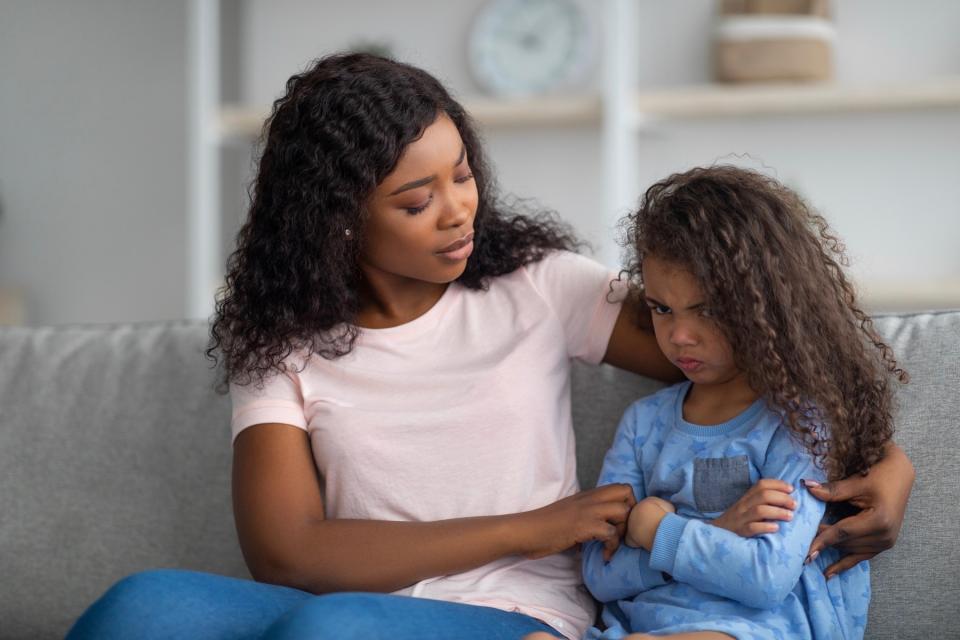BY: admin
Uncategorized
Comments: No Comments

It’s hard when your kids appear rude, abrupt, and have that edge in their voice towards you. The other day, I was trying to help my son get into the car to go to school in the morning and I was taken aback by the sharp tone in his voice as he said “LETS GOOO, MUM”.
His tone hurt me a bit and stopped me in what I was doing.
I decided to ask him in a calm tone, “Is something wrong?”
He looked worried and said in a tired voice, “No, I just want to get to school on time.”
I gave my son a few moments and when we were driving (captive audience as we all know) I raised the topic choosing my point quietly. “Sometimes, it’s not what we say, it’s how we say it that can hurt other’s feelings and we may not mean that at all. I added the example of the recent conversation.
It is always helpful to allow children to think about things a bit without interrupting their flow. A couple of minutes passed, and he said he was sorry, and it was not what he meant at all.
It led to a discussion on how we can say the same thing in many different ways and make us feel quite differently depending on how they are said.
To demonstrate, I used a well-used ACT strategy and asked him to express how annoyed he was at the traffic and then sing the same 3 lines to the tune of Happy Birthday which ended up with a lot of laughter from us both!!!
We have turned this into a fun family game saying different things in different tones (often with very funny results) however, the point he is learning is quite profound.
It made me stop and think as a parent, while we focus on how some tones make me feel, instead of reacting to it, it can offer an important opportunity to teach kids that our tone is a major factor in our communication. What we say is not all we hear- we register emotionally how we say it and react to that more than what is often said.
There are so many ways our psychologists and early intervention specialists can help with these subtle communication and emotional strategies so don’t forget to add these micro skills to your communication with your child.
Some helpful links:
Olga Tennison Autism Research Centre, La Trobe University
Malini
